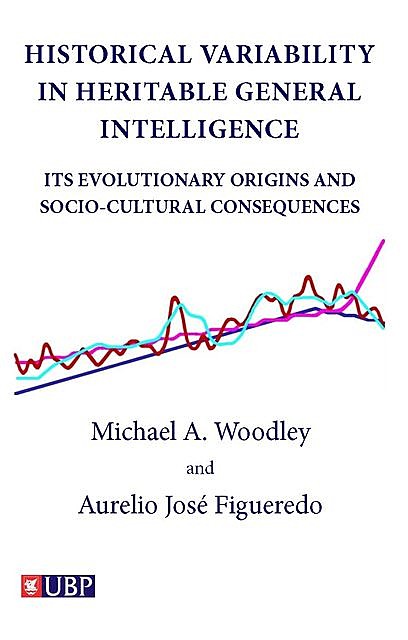The Victorians were cleverer than us! It is easy for us to believe that we are getting brighter, at least as measured by IQ tests. This improvement, called the Flynn Effect, suggests that each generation is brighter than the last. This might be due to improved living standards: better food, health and education — or perhaps even thanks to the influence of the internet and new technology. But if this apparent improvement in intelligence is real we should all be much, much brighter than the Victorians. The researchers of this ground-breaking study find the reverse to be true. IQ tests may be effective at picking out the brightest, but they are not reliable benchmarks of performance over more than a century. By means of using high-quality instruments to measure simple reaction times (a recognised predictor of intelligence) in a meta-analytic study, the researchers tested the hypothesis that the Victorians, whose era was marked by an explosion of innovation and genius, were more creative and intelligent than modern Western populations.
The conclusions are very sobering: far from speeding up, we are slowing down. A decline in general intelligence (a loss equivalent to about 14 IQ points) since Victorian times may have resulted from the presence of dysgenic fertility. These findings strongly indicate that the Victorians were substantially cleverer than we are today.


